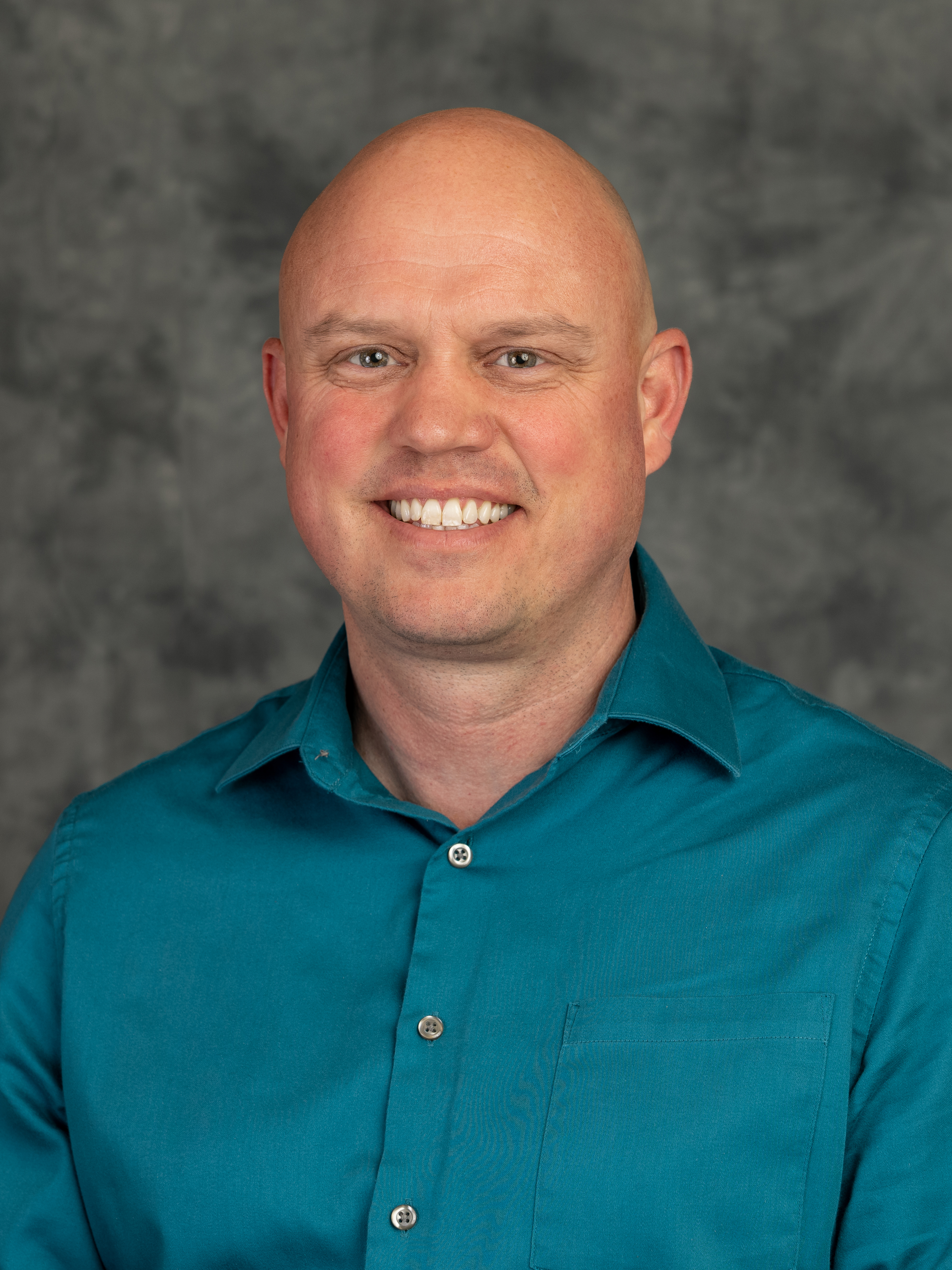Director of Global Experiences
Dr. Hollist is a Licensed Independent Marriage and Family Therapist and specializes in treatment of complex trauma, especially the treatment of childhood sexual abuse. He is trained in Eye Movement Desensitization and Reprocessing (EMDR) a leading treatment modality for PTSD. His teaching includes the clinical training of family therapists and treatment of diverse couples and families. He also teaches human service works, early childhood and elementary educators how to work with children and their families who have experienced trauma.
Hollist was the director of the UNL Marriage and Family Therapy program and the former President of the Nebraska Marriage and Family Therapy Association. He is also a Chaplain in the Air National Guard and in 2018 deployed to the middle east. For peace he spends time with his family on their farm where they care for animals (cat, dogs, chickens, cows), gardens and enjoys time outside.
Areas of Focus
- Leadership & Office Management
- Program & Scholarship Development
- External Relations
- Program Evaluation
- Student Safety, Security, & Health Abroad
My Background
Dr. Cody Hollist is the Director of the Global Experiences Office and an Associate Professor in the Department of Child, Youth, and Family Studies. His research seeks to understand and treat the impact of traumatic experiences through family therapy. He has written numerous research articles, book chapters and presented nationally and internationally on family therapy for complex trauma. Working to address trauma he leads the Trauma and Resiliency Explored Lab at UNL. He has worked extensively in many regions of Brazil to strengthen families in the face of significant adversity.Dr. Hollist is a Licensed Independent Marriage and Family Therapist and specializes in treatment of complex trauma, especially the treatment of childhood sexual abuse. He is trained in Eye Movement Desensitization and Reprocessing (EMDR) a leading treatment modality for PTSD. His teaching includes the clinical training of family therapists and treatment of diverse couples and families. He also teaches human service works, early childhood and elementary educators how to work with children and their families who have experienced trauma.
Hollist was the director of the UNL Marriage and Family Therapy program and the former President of the Nebraska Marriage and Family Therapy Association. He is also a Chaplain in the Air National Guard and in 2018 deployed to the middle east. For peace he spends time with his family on their farm where they care for animals (cat, dogs, chickens, cows), gardens and enjoys time outside.
